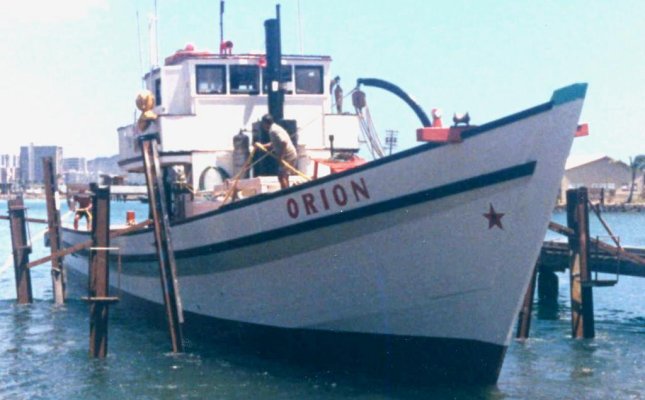Capt.Bill11
Guru
A short time (five minutes is the time I was told) is fine if you have to do it. Where the engine can have problems is if this is done a lot or for long periods of time.
What I find bizarre is people thinking that an engine designed in the 1950s can be operated in the same manner as a modern technology engine.
That's like claiming a Ford Model A pickup can be driven as hard and at the same speeds with the same loads as a 2014 Ford F-150. People in this "all engines are created equal" camp don't know much about engines in my opinion, and I would never act on their opinions or recommendations.
Instead, I would seek out people who truly know the engine in question and learn from them. Which is what we did in the case of the Ford Dorset/FL120. What I have been writing about the FL120 is simply parroting what we've been told by people with an intimate knowledge of these engines, particularly people we've become acquainted with in the UK.
This is the only diesel used in marine service we have done this for as it's the engine in our boat. I have no clue about the good, bad, or indifferent qualities of any other type of marine diesel.
I haven't seen where anybody was claiming all engines are equal. Old or new or whatever. Just that pretty much any engine in good condition should be able to reach its maximum rpms for shorts bursts with out it blowing up or dieing an early death.
And nobody has even remotely claimed anything along the lines that you should able to run a model A Ford like a 2014 Ford. More like you should be able the run a model A like a model A and a 2014 Ford like a 2014 Ford. Not to mention that a 120 Ford is hardly the antique a model A is.
The English Ford guys that told you what a crappy engine the 120 is, were they just truck/tractor guys or did they have first hand, day to day experience with them as marine engines too?
As far as seeking out people who know these engines inside and out, I pretty much feel I've done that over the last 30 years. I'm sure I could learn some things from your English friends. But I don't feel I've been lead astray by the people I've learned from so far. Plus what I've seen and experienced for myself working on and running dozens of Lehman's.


